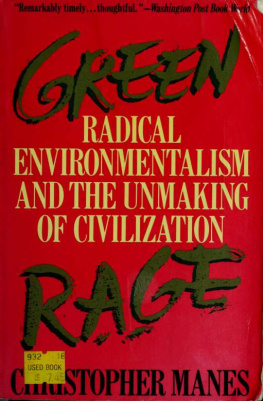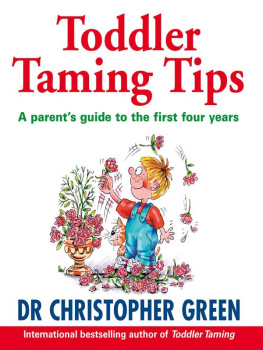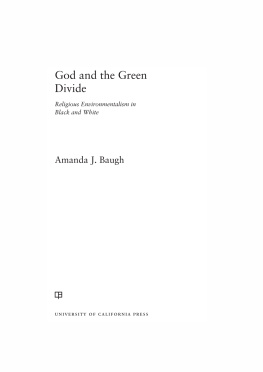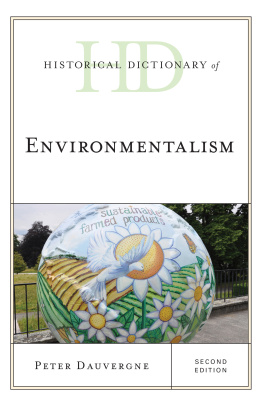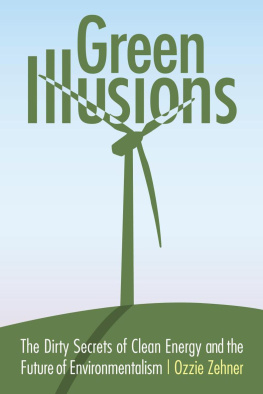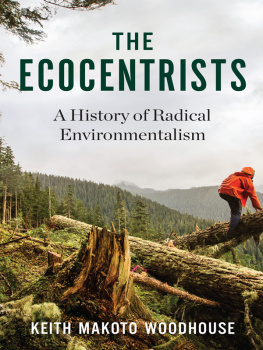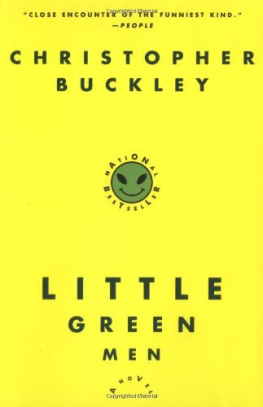GREEN RAGE
RADICAL ENVIRONMENTALISM
AND THE
UNMAKING OF CIVILIZATION
Christopher Manes
LITTLE, BROWN AND COMPANY
BOSTON TORONTO LONDON
Copyright 1990 by Christopher Manes
All rights reserved. No part of this book may be
reproduced in any form or by any electronic or mechanical
means, including information storage and retrieval systems,
without permission in writing from the publisher, except
by a reviewer who may quote brief passages in a review.
First Edition
Library of Congress Cataloging-in-Publication Data
Manes, Christopher, 1957
Green rage : radical environmentalism and the unmaking of civilization / Christopher Manes.1st ed.
p. cm.
Includes bibliographical references.
ISBN 0-316-54513-9 (he)
ISBN 0-316-54532-5 (pb)
1. Environmental policyCitizen participation. 2. Green movement. 3. Environmental protection. 4. Radicalism. 5. Human ecology. I. Title.
HC79.E5M353 1990
363.7057-dc20 90-5697
(HC) 10 9 8 7 6 5 4 3 2 1
(PB) 10 9 8 7 6 5 4 3 2 1
MV-PA
Published simultaneously in Canada
by Little, Brown & Company (Canada) Limited
Printed in the United States of America
To Mom and Dad for their infinite patience.
To Marcy, who taught me to love the Earth.
To Gwen, who taught me to love humanity again.
And to Owl, Ferret, Spruce, River, Stone,
without whose ministrations this book
would not have been possible.
the spear shine in the sun
that warrior spirit
is too valuable to waste
on wars
let it be placed
in a better context,
for instance
acting to save
our Mother Earth.
then the fire
fangled feathers
really dangle,
the bow burn gold,
the spear shine
in the sun.
Dennis Fritzinger
PREFACE

DURING AN INTERVIEW with Edward Abbey (I believe it was one of the last he gave before he died), I asked him what gave radical environmentalists the right to use ecotage, ecologically motivated sabotage, against bulldozers and the other tools of industry that are pushing back the wild. The novelist who virtually invented the radical environmental movement out of his inkhorn paused for a moment and then said, When someone invades your home, you dont respond objectively and reasonably. You strike back with emotion, with rage. Well, government and corporations are invading the wilderness, our native natural home. Theres no time to be dispassionate about that. Because Abbey was right and there is no time, this book does not pretend to be objective or dispassionate about the radical environmental movement and its controversial efforts to stop the culture of technology from unraveling the fragile, resplendent web of life on this planet. It is in full agreement with these efforts. It does purport to give the facts about this new cultural force and to offer an interpretation of their significance. For those who require a ritual condemnation of environmentalists whose passionate love of the Earth sometimes places them on the wrong side of the law and invariably places them on the wrong side of our technological culture, they must look elsewhere. I can only point out that there are plenty of cool, rational minds in the environmental debate who are capable of delivering that condemnation they are, not coincidentally, the same cool, rational minds who have helped bring the ecological crisis roaring down upon us.
CHAPTER 1
THE ECOLOGY OF CONFRONTATION
If we can draw the line against the industrial machine in America, and make it hold, then perhaps in the decades to come we can gradually force industrialism underground, where it belongs . Why settle for less? And why give up our wilderness? What good is a Bill of Rights that does not include the right to play, to wander, to explore, the right to stillness and solitude, to discovery and physical freedom?
Edward Abbey
ON THE CHILL SPRING morning of March 21, 1981, seventy-five people drove into the visitors center parking lot of Arizonas Glen Canyon Dam. They were not part of the usual crowd of tourists and boat owners come to marvel at the huge waterworks, ponder statistics on metric tons of concrete, or admire the vast power plant reservoir, inaccurately, if not disingenuously, named Lake Powell by the U.S. Bureau of Reclamation. On the contrary, they were more interested in what had been here before the dam, what the dam had in fact taken from them. Under five hundred feet of reservoir water lay what had once been one of the most beautiful stretches of the Colorado Gorge, the golden heart of the canyonlands, with its tamarisk and willow thickets, waterfalls and plunge pools, hanging gardens of orchids and maidenhair ferns that had found refuge in the pink sandstone recesses while mastodons still walked the continent during the Ice Age. There had been egrets and ibises that waded in the shallows, and beaver, deer, and coyotes in the Cottonwood glades. There had been that abundance of life possible only, or perhaps fully appreciated only, along a desert river. It was for the sake of this submerged, half-forgotten natural world under the bone-white monument to progress that these people came to demonstrate their displeasure.
Among the crowd were Dave Foreman, Mike Roselle, Howie Wolke, Bart Koehler, and Ron Kezar. Less than a year before, during a hiking trip to the remote Pinacate Desert, in the Mexican state of Sonora, these five environmental activists had decided to form Earth First!, a self-proclaimed radical environmental group with an obligatory exclamation point and a motto: No compromise in defense of Mother Earth. In fact, directly after this meeting Roselle and Wolke had stopped by Glen Canyon Dam on their way home to wonder if this might not be the place to put their motto into practice for the first time.
Their choice was inspired in no small part by another member of the crowd: Edward Abbey. Writer, raconteur, amiable misanthrope, and eminence grise of the environmental movement in the Southwest, Abbey had written a novel in 1975, The Monkey Wrench Gang, which told the story of a group of raucous, environmentally minded saboteurs who rollicked through the Desert Southwest burning bulldozers, tearing down billboards, and above all else dreaming of blowing up Glen Canyon Dam. The fictional aspirations of Abbeys characters were about to come to fruition of a sort.

